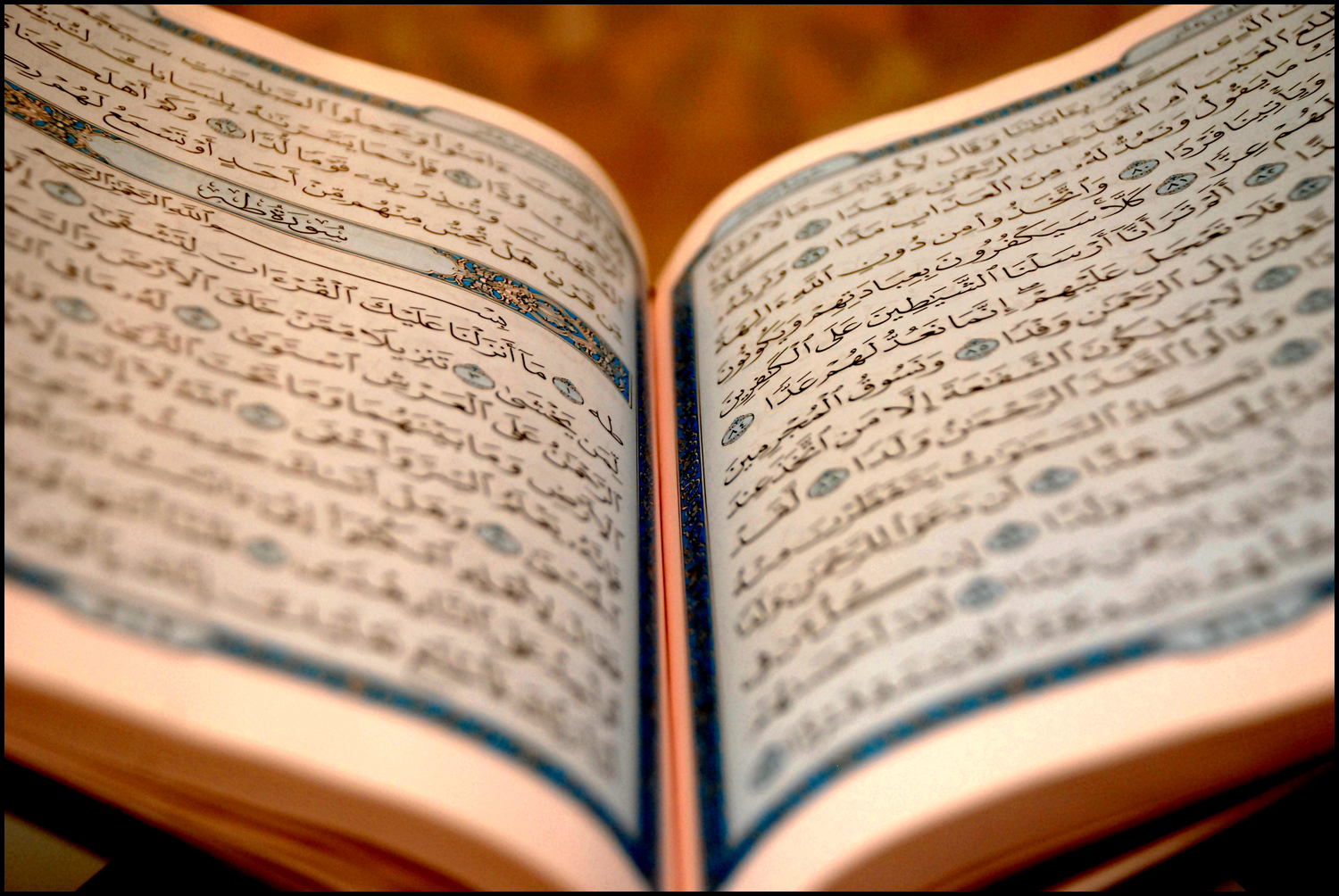With regards to allegations of encouraging slavery, one has to consider the testimony of several historian who have lauded the Holy Prophet Muhammad (on whom be peace) and the Islamic movement as a social revolution. Historian Bernard Lewis writes in his book The Islamic Revolution,
Historians generally agree that Islamic social reforms in areas such as social welfare, family structure, slavery, and the rights of women and children improved on the status quo of Arab society.
Lewis also states that one of the reasons for the rapid success of early Islam was its rejection of traditional privileges and hierarchies for an emphasis on talent and merit. The Islamic movement had begun the emancipation of slaves. Quranic verses pronounced the manumission of slaves as a deed of righteousness and expiation of sins. By the time of the Islamic Medieval period, the vast majority of labor was free and paid. The Holy Prophet Muhammad (on whom be peace) and the Islamic revolution not only initiated the process to end slavery but empowered former slaves causing a shift in social attitudes from slaves being viewed as less able than free people to being able to achieve great human accomplishment based on talent and merit. This social revolution propelled former slaves to prominent status, such as Salman the Persian, who became governor of Al-Madain (modern-day Iraq), and Suhaib the Roman, who became a religious leader.
In the contemporary American emancipation movement, Thomas Miller in his book Americas Alternative Religions, says that The Ahmadiyya Movement in Islam was one of the catalysts of the American Civil Rights movement– also attested to by Howard University historian and lecturer Dr. Fatimah Fanusie. Ahmadi-Muslims were the first Islamic missionaries to arrive in the U.S., producing Islamic literature in English that propagated racial equality and justice.
Further Islam does not permit sex-slavery. The example of the life of the Holy Prophet Muhammad (on whom be peace) provides sufficient evidence that he never led a lifestyle based sexual pleasures by demeaning the status of women. In fact, the Holy Prophet Muhammad (on whom be peace) and the Islamic movement fought for and promoted the rights and status of women in society.
An important point in this discussion is the portrait of the Holy Prophet Muhammad (on whom be peace) up to the age of 25 when he married his first wife Khadijah who was also his employer. In the prime of his youth he had married a lady fifteen years his senior and lived with her a most happy life till he was an old man of fifty and she about sixty-five. After her death he married Saudah, another lady of an advanced age. He married all his other wives between 2 A.H. and 7 A.H., a period when he was constantly engaged in martial activity while his life was perpetually in danger and the fate of Islam itself hung in the balance. After this he lived for about three years as virtual ruler of the whole of Arabia when all the comforts and amenities of life were at his disposal and yet he entered into no further marriage. Does not this fact alone establish the honesty and sincerity of the Holy Prophet Muhammad’s (on whom be peace) motives in marrying his wives?
He married Zainab, the divorced wife of Zaid in 5 A.H. in order to also assuage her wounded feelings as the respected lady had felt deeply humiliated at being divorced by Zaid. He married Mariah in 7 A.H. and thus by raising a freed slave girl to the highly eminent spiritual status of the “Mother of the Faithful” he gave a death blow to slavery. Such were the motives of the Holy Prophet Muhammad (on whom be peace) in marrying widows and divorced women, by no means noted for their youth or beauty. One can hardly infer a motive of carnal desire here.
Per the Quran, the Holy Prophet Muhammad (on whom be peace) was permitted to marry, in addition to his already wives, women who were taken prisoner in wars against Islam, women who were his relatives and women who offered themselves for marriage to him. These verses need to be read along with 33:29 (see below) that shows the Holy Prophet Muhammad’s (on whom be peace) marriages were motivated by considerations other than sensuous gratification. Among these were women who had lost their husbands to war and were at an immense loss and insecurity. And history shows that many of the Holy Prophet Muhammad’s (on whom be peace) marriages had political and tribal reconciliation as purpose.
O Prophet! say to thy wives, ‘If you desire the life of this world and its adornment, come then, I will provide for you and send you away in a handsome manner. (33:29)
It is in view of these considerations that he married most of his wives. He married Hafsah whose husband was killed in the Battle of Badr, Zainab bint Khuzaimah whose husband was killed in the Battle of Uhad, Umm Salamah whose husband died in 4 A.H., and Umm Habibah, daughter of Abu Sufyan, who became a widow in 5 or 6 A.H. (in exile in Abyssinia). He married Juwairiyah and Safiyyah, both widows, in 5 A.H. and 7 A.H. respectively, seeking a union with and pacification of their tribes. It is worthy of note that a hundred families of the Bani Mustaliq were liberated by Muslims when the Holy Prophet Muhammad (on whom be peace) married Juwairiyah.

